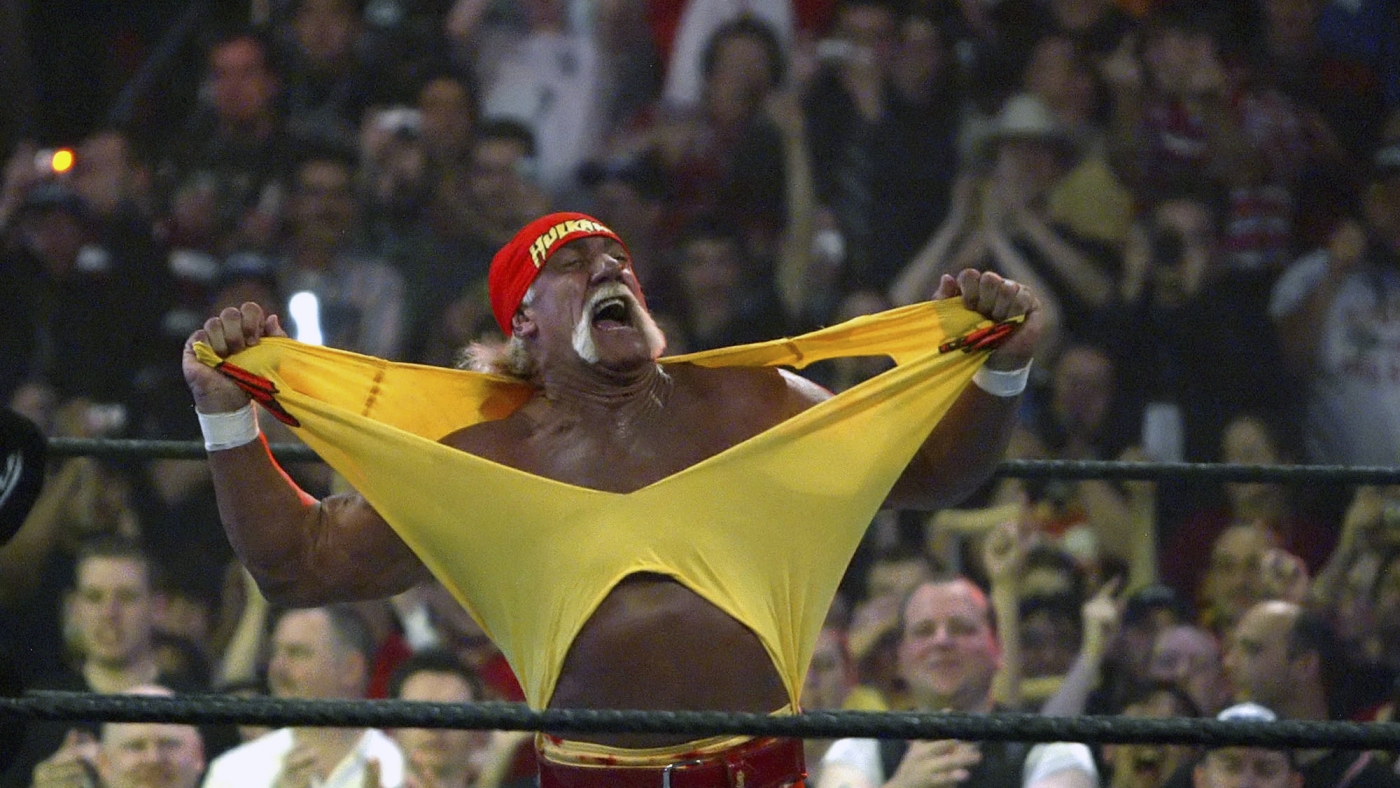Hulk Hogan, a towering figure in professional wrestling, has passed away at the age of 71. Clearwater, Florida’s police and fire departments reported a cardiac arrest call, leading to his death at a local hospital.
Born Terry Bollea, Hogan was instrumental in making pro wrestling a mainstream spectacle, especially during the 1980s. His larger-than-life persona sparked an era known as “Hulkamania,” and he played a pivotal role in the rise of World Wrestling Entertainment (WWE). Hogan wasn’t just a wrestler; he became a cultural icon. The WWE called him “one of pop culture’s most recognizable figures,” highlighting his influence on the brand’s global success.
Beyond the wrestling arena, Hogan ventured into acting. Fans remember his dynamic role in Rocky III, a film that showcased his charisma beyond the ring.
In recent years, Hogan made headlines for his involvement in politics. Notably, at the 2024 Republican National Convention, he drew attention by wearing a shirt supporting Donald Trump, saying, “Let Trumpamania run wild, brother.” This blend of entertainment and politics reflects how Hogan remained a relevant figure, even outside wrestling.
Hogan’s life was not free from controversy. In 2012, a sex tape was leaked by Gawker, which he famously sued. Funded by billionaire Peter Thiel, Hogan won a staggering $140 million judgment, leading to Gawker’s bankruptcy. This case sparks discussions about privacy in the digital age and the power dynamics of celebrity culture.
His legacy is multi-faceted. For many, he symbolizes the golden age of wrestling, while others see his journey as a cautionary tale about fame and its pitfalls.
As we remember Hulk Hogan, it’s clear he was more than just a wrestler; he was a phenomenon whose impact extended far beyond the squared circle.





















